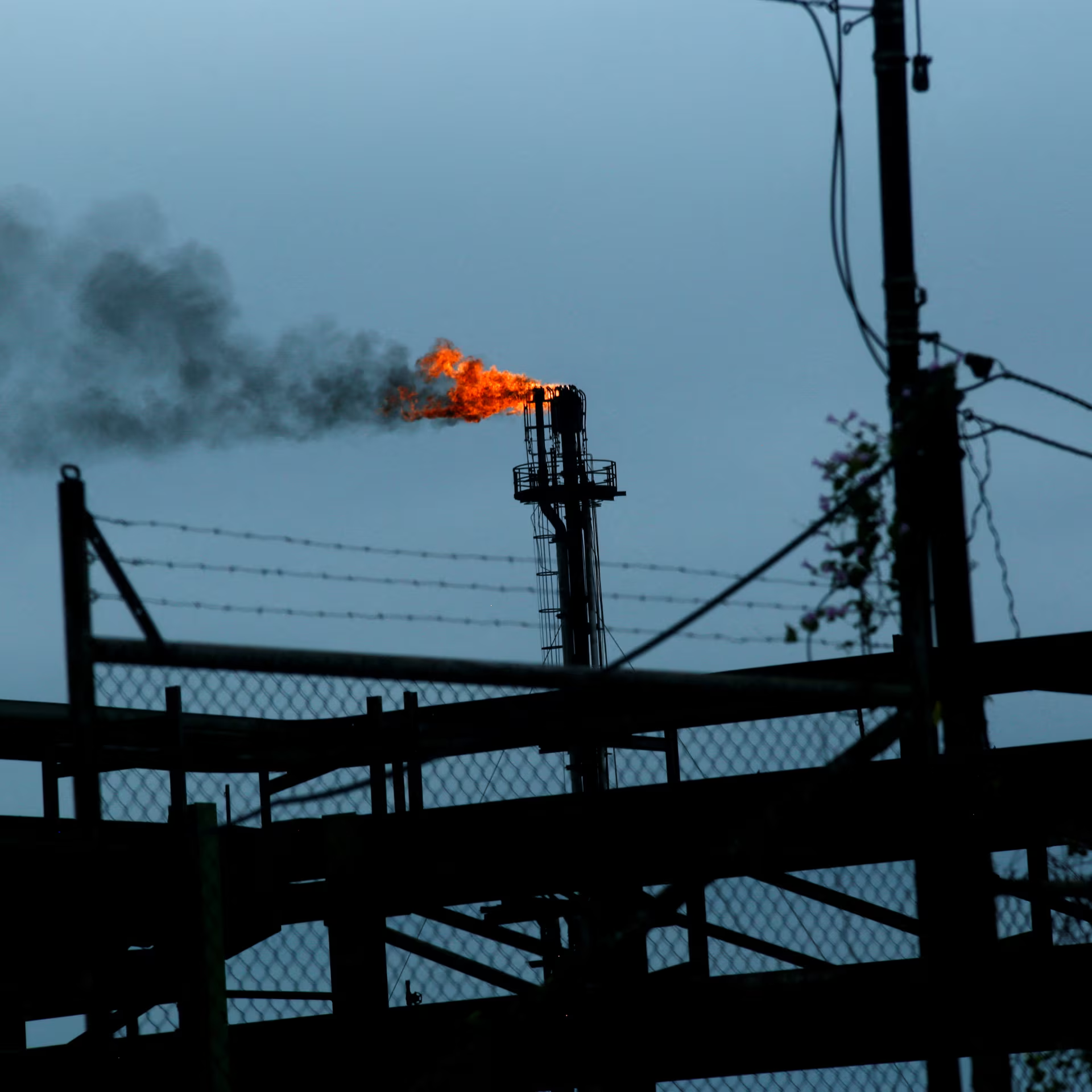China’s relentless pursuit of economic supremacy has once again taken center stage, as the nation strategically amplifies its crude oil imports to fuel its burgeoning industrial complex. This calculated move not only underscores China’s unwavering commitment to industrial growth but also signals a profound shift in the global energy landscape, compelling stakeholders worldwide to reassess their positions.
A Surge in Crude Oil Imports
In November 2024, China imported a staggering 48.52 million metric tons of crude oil, marking a 14.3% increase from the previous year. This surge, the first annual growth in seven months, was driven by lower Middle East oil prices and a concerted effort to bolster national stockpiles. Notably, daily average imports reached their highest since August 2023, reflecting China’s strategic maneuvering in the global oil market.
Strategic Refinery Expansions
China’s state-owned enterprises are spearheading massive refinery expansions, further cementing the nation’s dominance in the petrochemical sector. The China National Offshore Oil Company (CNOOC) is poised to launch an upgraded refinery complex on Daxie Island in Ningbo by June 2025. This $2.74 billion project will boost the plant’s crude processing capacity by 50%, reaching 240,000 barrels per day. Such expansions are not merely infrastructural enhancements; they are strategic imperatives designed to satiate the country’s insatiable energy appetite and drive economic growth.
Implications for the Global Energy Market
China’s aggressive oil import strategy and refinery expansions carry significant implications for the global energy market.The increased demand from China is likely to tighten global oil supplies, potentially driving up prices and influencing production decisions by other major oil-producing nations. Moreover, China’s focus on securing long-term energy resources may prompt shifts in geopolitical alliances and trade partnerships, as countries vie to align with the world’s largest oil importer.
A Double-Edged Sword
While China’s strategy bolsters its industrial capabilities and economic growth, it also raises questions about environmental sustainability and global climate commitments. The emphasis on expanding fossil fuel infrastructure appears to contradict global efforts to reduce carbon emissions and transition to renewable energy sources. This dichotomy presents a complex challenge for policymakers and industry leaders striving to balance economic development with environmental stewardship.
In conclusion, China’s deliberate amplification of crude oil imports and refinery capacities underscores its strategic intent to fortify its industrial might. This development not only reshapes the global energy landscape but also challenges stakeholders to navigate the intricate interplay between economic ambitions and environmental responsibilities.





